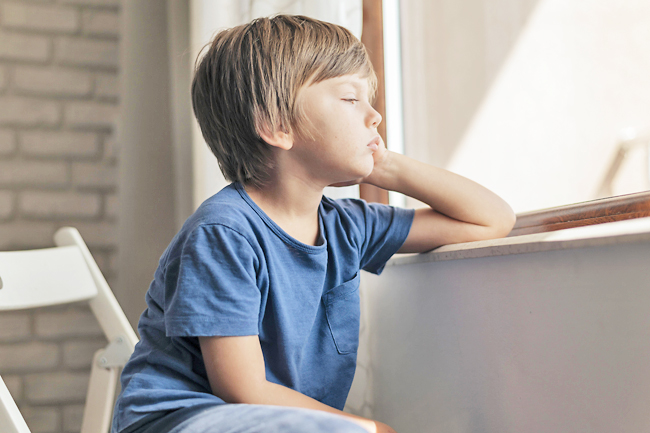Meghan Leahy
THE WASHINGTON POST – Q: Our paediatrician told us that between ages two and three is the time to set our foundation for how we discipline. Are there any good resources (books, websites, etc.) that will give us some starting points as we figure out how we want to set the tone?
A: I am glad that your paediatrician is talking to you about setting a foundation, because, indeed, that is the very essence of what you are doing. And although I appreciate what your doctor is going for, I would like to give it a little spin as I recommend some starting points.
In the parenting world, the word “discipline” is a bit loaded. For many, it is a euphemism for “getting your kids in line”, “nipping that behaviour in the bud”, “showing your child who’s boss” or “giving consequences”. And those phrases are saying what many parents are always trying (and failing to do): control their children.
Discipline has become synonymous with control, and although the flavour has changed over the generations (beatings to spankings to sending them to their rooms to timeouts to positive parenting), the roots remain the same: How do you react to your children’s behaviour, such that they behave the way you want them to?
I know you asked about books and websites, and I have launched into an etymological discussion of the word “discipline”, but it’s important to know that you are at a type of tipping point. On one side is the common culture, and mostly how we were raised, which seeks to control and manipulate children into certain behaviours, while the other side sees controlling children as counterintuitive and counterproductive to raising a human.

Alarm bells may be ringing for you: “My child should do whatever they want?” “My child should be able to hit without punishment?” “I shouldn’t be able to correct them at all?” Yes and no. To respond appropriately, read Your Two-Year-Old, by Louise Bates Ames. (Pick up the whole set.) Although some of the examples are outdated, Ames has an uncanny way of capturing the essence of children at different developmental stages, and when you understand that it is your child’s work to behave this way, that the behaviour is serving growth and maturity, you are less likely to try to squash it.
For instance, when you’ve nicely asked your two-year-old to stop jumping on the couch and they look you in the eyes and keep jumping? It’s helpful to know that this obstinate behaviour is normal and is not a reason to double-down or punish your child.
Instead, speak less, redirect and provide other things for your child to jump on. Rinse and repeat. Yelling, punishing, using too much logic, counting to three and asking “nicely” may all work (or not) in the short term, but you will quickly find that those ways of disciplining don’t have much staying power. And worse? Yelling, nagging, punishing, rewarding, using logic and being “nice” can hurt your relationship with your child.
Remember: The goal of parenting is not to control, coerce or punish children into being “good.” The goal of parenting is to grow children who can feel all of their feelings and become empathic problem-solvers, and to help children reach their fullest potential. We know that a two-year-old wants what they want, when they want it, so we keep our boundaries (not allowing jumping) while maintaining a good relationship (not taking the behaviour personally, and not punishing or giving in).
Other resources that will help you have fun while maintaining healthy boundaries with young children are: How Toddlers Thrive, by Tovah Klein; The 5 Love Languages of Children, by Gary Chapman and Ross Campbell; Peaceful Parent, Happy Kids, by Laura Markham; and anything by Tina Payne Bryson and Daniel Siegel. I also must recommend my book, Parenting Outside the Lines, as well as Mona Delahooke’s new book, Brain-Body Parenting.
These books will give you the science, as well as the practical, funny and common-sense ways to raise children, which should always begin and end with connection.
And if you haven’t already, I strongly encourage you to sit with your partner (and/or yourself) and ask: “What did I like about childhood? What made me feel safe? Loved? How can I bring that into my family life? And what made me feel unsafe, unseen or insecure growing up? How do I prevent those behaviours?” These aren’t easy questions, but it’s a worthwhile conversation to begin now – and to continue throughout your parenting life. Good luck.





